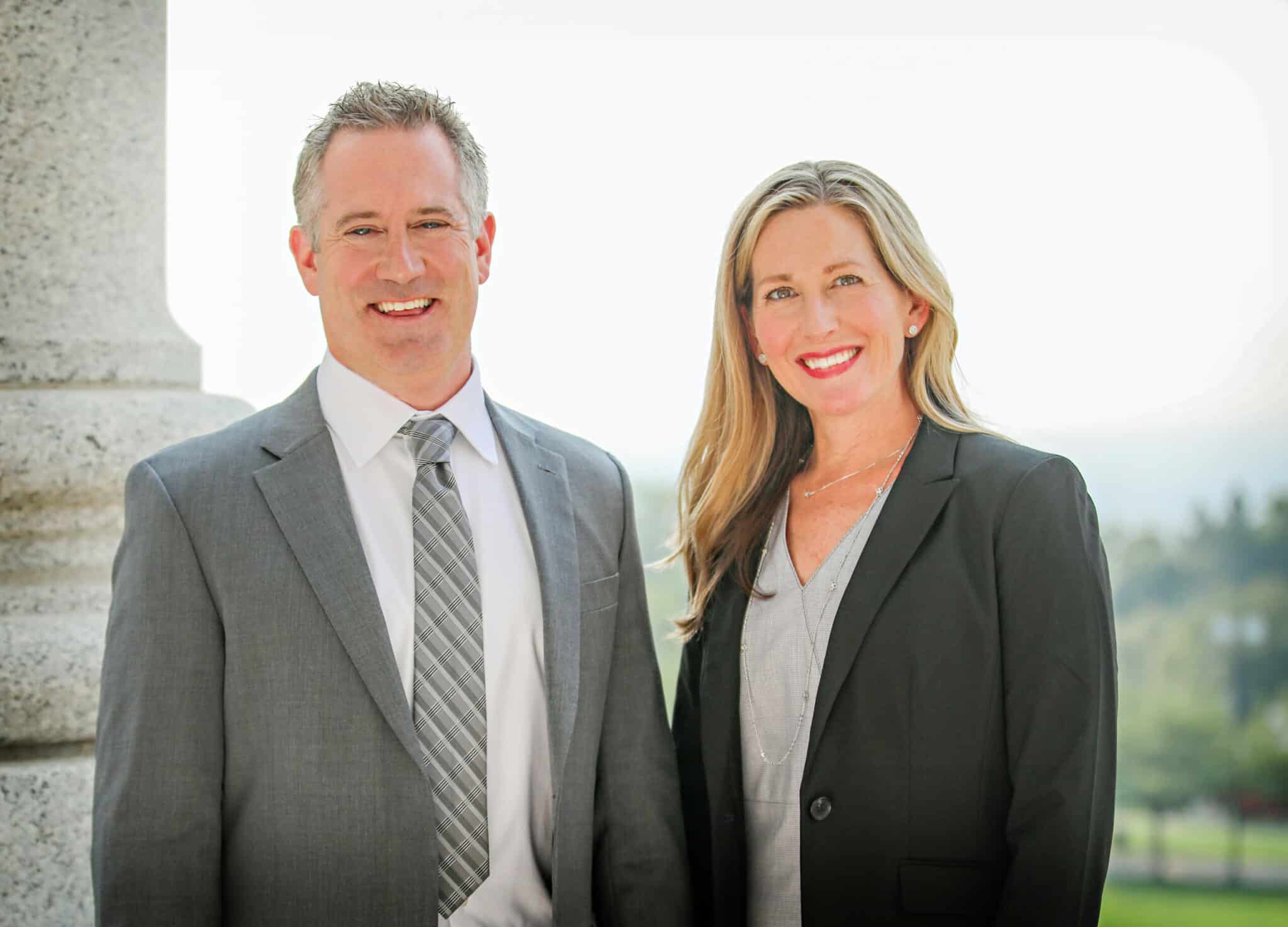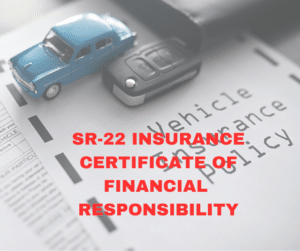Tips for Your First Time In Criminal Court
The first time you appear in court, it is likely for your Arraignment. If you are not familiar with the actual criminal court process (television shows really misconstrue the process!), it is important to become properly educated on what to expect.
Sometimes, people are very confused and think they will be able to “tell their story” at Arraignment. Nothing could be further from the truth. The Arraignment is a very brief hearing and is designated for a very specific purpose (i.e. no testimony or “telling your story” allowed).
Prepare
Try to hire a lawyer before the Arraignment. Since only a private lawyer can meet with a defendant in advance, it is critical to hire someone as soon as you are being investigated or arrested. (Public defenders are assigned at the Arraignment — assuming you financially qualify. Plus, the counsel present for the Arraignment is just a “fill in” lawyer and not likely your lawyer.) Private defense attorneys can learn important facts about you and your case prior to the hearing to argue against probable cause, no or lower bail, and/or less significant/costly conditions of release.
On the morning of court, make sure you set two alarms and have back up transportation.
Dress appropriately. No tanks, shorts, or flip flops. No shirts that could be deemed offensive.
Arrive to the courthouse 30 minutes early.
Find your courtroom and determine if you need to check in with any court staff.
The Basics In Court
Turn off your cell phone.
Do not chew gum.
If you wore a hat, take it off.
Stand when the judge takes the bench. The bailiff will usually warn you with, “All rise!”
Do not speak once court begins unless your case is called and you are directed to speak.
If you are appearing via zoom, make sure your screen name is your actual name.
As the judge calls roll and your name is called, respond with, “Present, your Honor.” If you have hired a private defense attorney, he or she will follow your answer “with counsel, your Honor.”
Once Your Case Is Called
Do not attempt to explain any details of your case. The judge will become very upset if you discuss the facts of your case. Additionally, anything you say in court can be used against you. No matter how upset you are or feel the process is unfair, do NOT discuss the facts of your case in open court.
Let your attorney do the talking and only answer “yes, your Honor” or “no, your Honor” when a question is specifically directed at you by the judge.
Your attorney will announce that the defendant is “present with counsel.” If there is an argument regarding probable cause or other issue, the attorney will bring preliminary procedural or substantive issues to the attention of the court.
The judge will likely ask the defendant whether he or she has reviewed the charging document and understands what is being alleged (not that you are agreeing to the facts). Your name and date of birth will be confirmed to avoid an alias. In response, the defendant responds, “yes, your Honor” or “no, your Honor.”
The judge will also ask how the defendant wishes to plead to the charges. The attorney will answer for the defendant.
Can I Be Forced To Plead Guilty?
Absolutely not. In fact, in nearly 99% of cases, the judge can really only take a plea of “not guilty” due to constitutional requirements. Television shows and movies are typically inaccurate on this point and confuse the general population regarding due process.
If you have never discussed the facts, charges, defenses, and evidence of your case with legal counsel, your plea is not considered “knowing, voluntary, and intelligent.” Hence, it cannot be accepted. This is why in “real life” courtroom hearings, nearly every defendant must enter a plea of not guilty at the Arraignment stage. Simply put, without establishing prior expert counsel and a very strategic purpose, a judge can not accept a defendant’s plea of guilty at the Arraignment.
If you are facing a criminal charge in Thurston or Kitsap Counties or the cities near those counties, please reach out to our attorneys for guidance. We are here 7 days a week to help and accept calls after hours. (360) 792-1000.
Check out Ryan’s video on Pre-Trial Hearings (the hearings that typically follow an Arraignment):

Get help now
Whether you choose to handle your case alone or engage the Witt Law Group, being informed and prepared is essential. Early involvement of an attorney can significantly impact your chances of a fair recovery, allowing you to focus on healing while we handle negotiations with insurance adjusters to secure fair compensation for your injuries.




